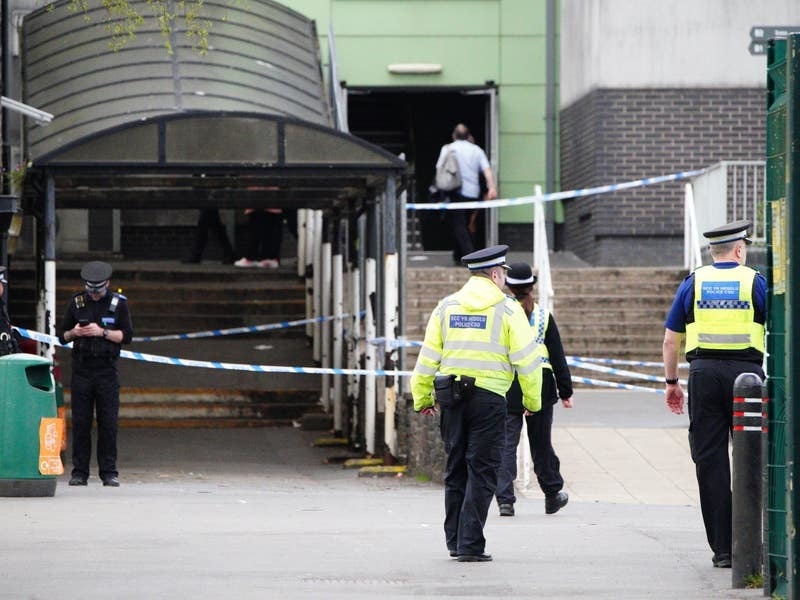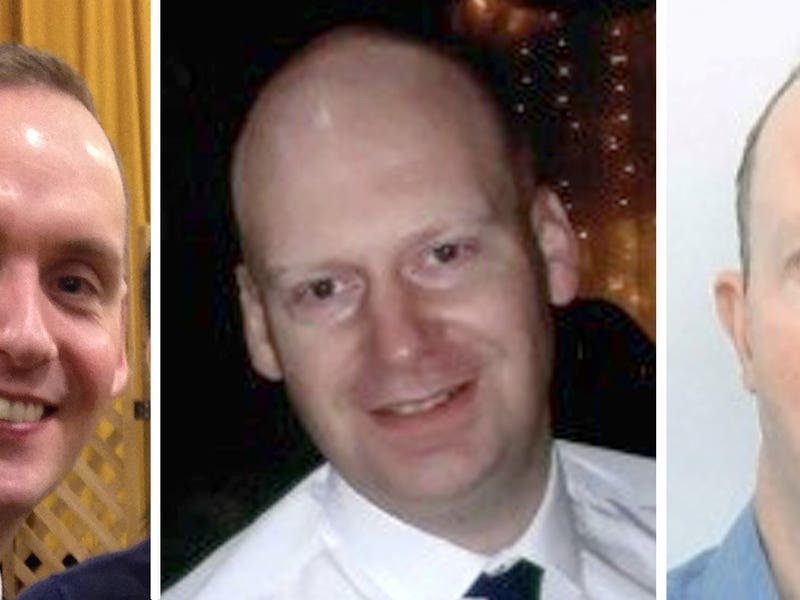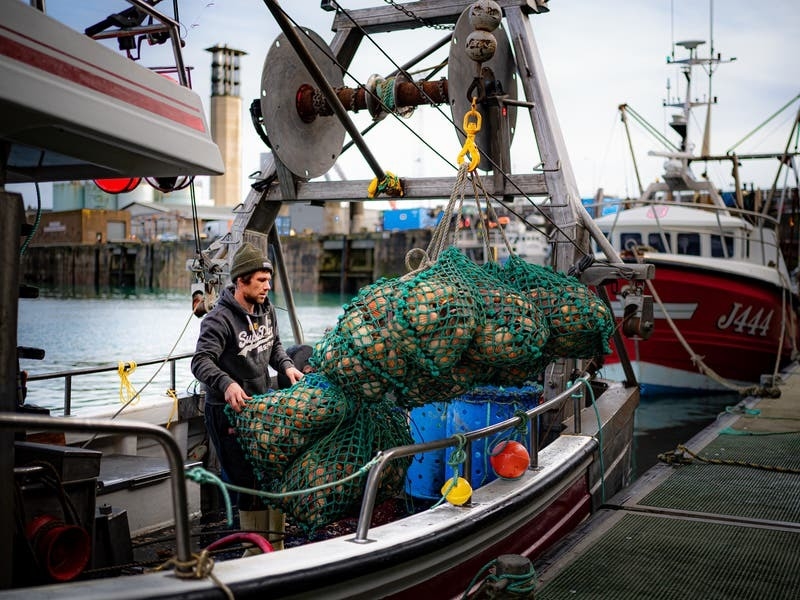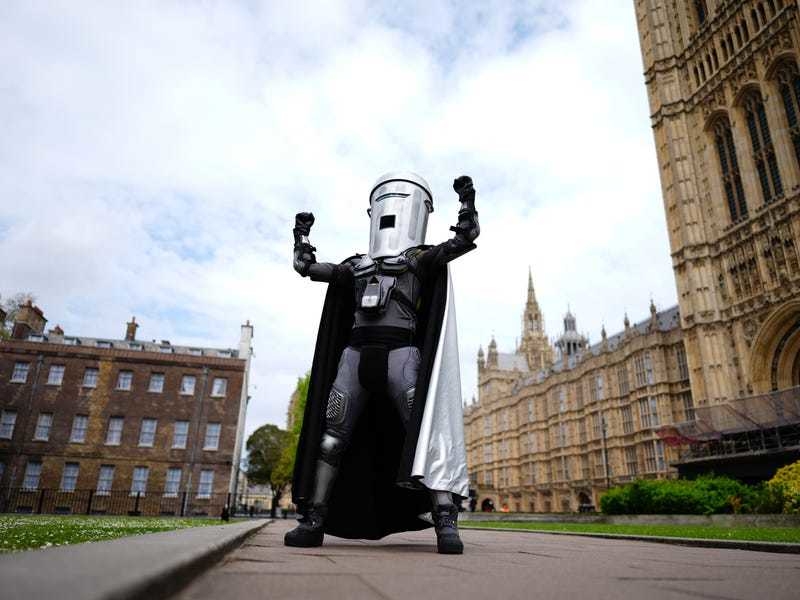The Invisible Hands project, organised by the Morning Boat – a local art initiative that aims to generate debate – and the London-based Polish artist Alicja Rogalska, highlights some of the issues facing Jersey’s migrant workers through a selection of images and videos collected over the past two years.
Aneta Urban, a participant in the Invisible Hands art exhibition at the Arts Centre ,who is leaving the Island to return to her native Poland after 15 years, said wages and accommodation should be improved by some employers who did not fully appreciate the arduous lives their workers led.
‘We work very long hours, sometimes 12 hours and sometimes longer than 12 hours, regardless of the weather – whether there is rain or a cold wind, we are still working, and sometimes we work on Sunday, which is not great for everybody.
‘The situation is that no one knows what we actually do, what kind of work it is and how hard it is to work there. I think that the pay should be just a little bit better and that the standard of our living conditions a little bit higher,’ Ms Urban said.
She added that the long hours and unbroken days at work meant that they easily lost touch with Island life around them.
The project includes a list of eight requests to improve working conditions for Polish migrants.
Those eight points – requests made by the workers given a voice by the art project and displayed in the exhibition – include reforms to the health and social security system that currently mean workers are not eligible for benefits until they have been in the Island for six months, and improvements in living conditions and wages for those undertaking the most arduous work.
Ms Rogalska said that other contributors to the exhibition were reluctant to speak out because they were still working in the Island and afraid of repercussions. However, she said she had spoken to many people who had been both touched and shocked by the exhibition.
‘I hope that this will be the trigger for change, but also that people will get some perspective and empathy from it. I guess it’s really about empathy, especially in the images taken by the workers,’ Ms Rogalska said. ‘You really see them as people with their lives – it brings it back to the human level rather than just talking about waves of immigration.
‘It’s very easy to take things for granted if you are born in an affluent place. You don’t have to leave your families and your children and work in an unfamiliar place.
‘But they may be terrified that something might happen to them because they don’t have the money to go to hospital. That’s what I wanted people to understand through this exhibition, a bit more on a human level.’
Ms Urban said that the project had helped make them all aware of opportunities to get help within the Island. She described it as ‘the cherry on the cake’ as she left the Island.
‘This is our everyday, so part of me will stay here on this island, which is very nice,’ she said.
The exhibition runs until Saturday 7 December.






